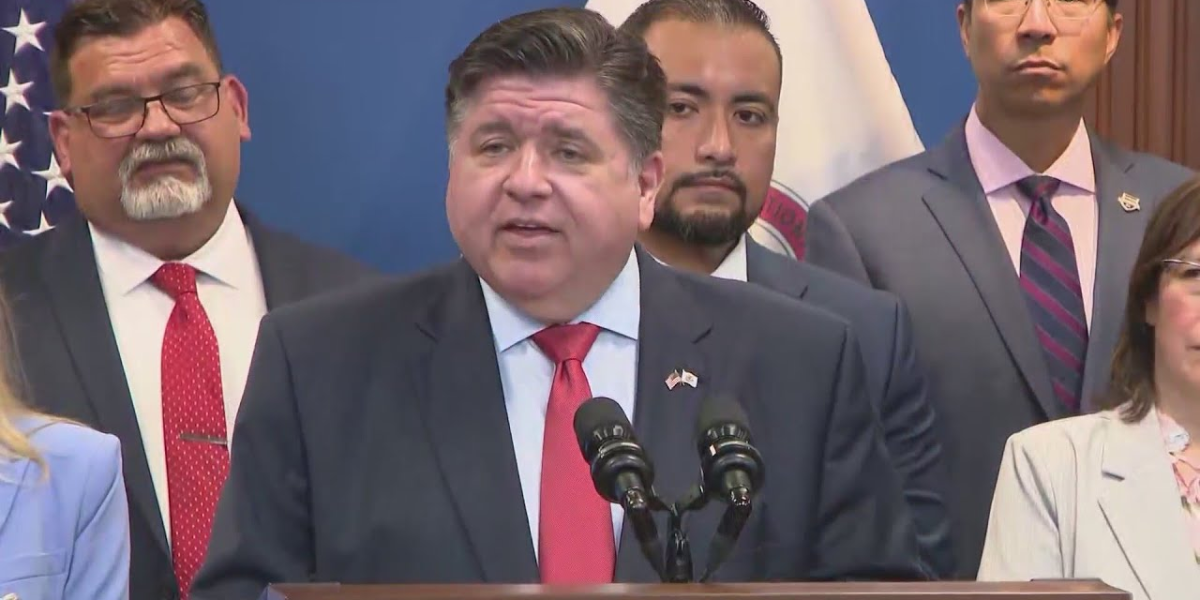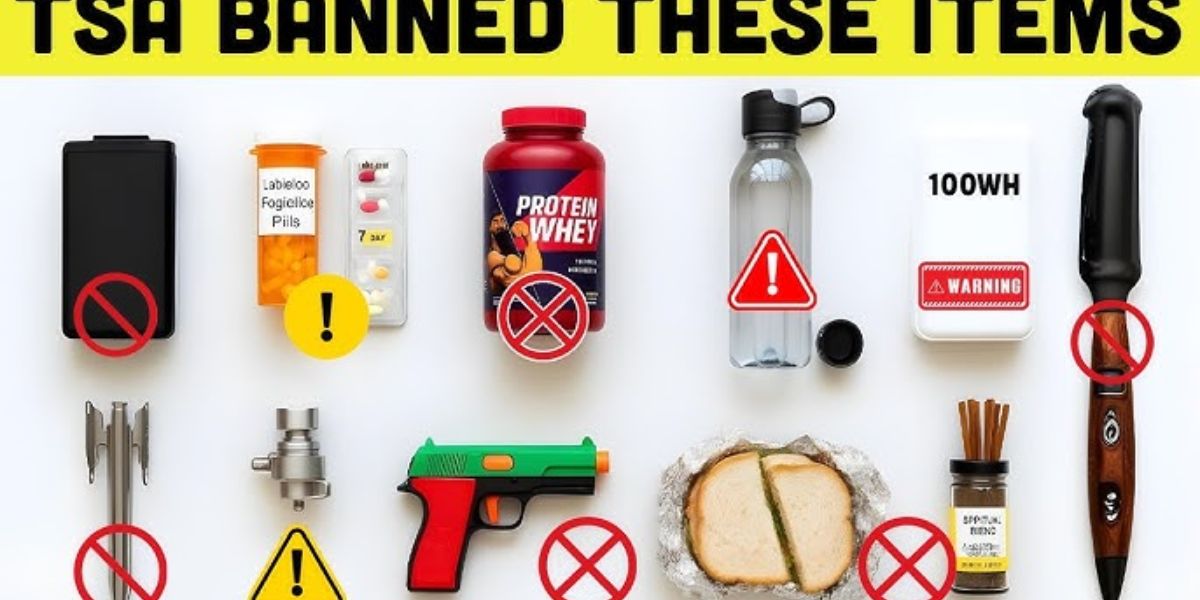Executive action is being taken by the governors of seven states, including Illinois Governor JB Pritzker, in order to assess the impact that the tariff measures implemented by the Trump administration will have on the economy.
Pritzker, together with the governors of Arizona, Colorado, Maryland, New York, and Washington, made the announcement that they are putting into effect Executive Orders that will force state agencies to evaluate supply chains in order to anticipate price rises or job shortages that may be induced by the tariff measures.
Pritzker, who is known for his vocal criticism of the president, stated that “Donald Trump’s reckless trade policies are nothing more than a tax on working families that will cause prices to rise, threaten jobs, and have an effect on the way we live.” The purpose of this Executive Order is to guarantee that we have a clear understanding of the effects that the Trump Slump will have, which will range from increased costs at the grocery store to uncertainty in our factory and farm operations. We are collaborating with other states to advocate for the rights of working people and to safeguard our economies wherever we are able to do so.
A press release states that Pritzker has instructed state agencies to evaluate the following, as stated in the press release:
- Identify Business Vulnerabilities and Workforce Disruptions: The Illinois Department of Commerce and Economic Opportunity (DCEO), in conjunction with the Illinois Department of Employment Security (IDES), will conduct an evaluation of the industries and economic development regions that have been most impacted by trade-related disruptions. Additionally, the department will analyze the key challenges that Illinois businesses have reported as they navigate the new trade landscape.
- Prepare for Medical Supply Chain interruptions: The Illinois Department of Public Health (IDPH) will evaluate the types of medical products that are experiencing substantial interruptions in their supply chains, as well as the price effects and concerns that are being expressed by healthcare providers over the cost of supply.
- Stabilize Food Assistance Programs: The Illinois Department of Human Services (IDHS) will investigate how disruptions in the supply chain will impact food assistance programs, evaluate the purchasing power of food banks and their capacity to meet demand, and assess how the new policy will impact the overall effectiveness of the program.
- Protect Infrastructure Investments: The Illinois Department of Transportation (IDOT) will investigate how tariff policies in the United States will impact the costs and timeliness of infrastructure projects, evaluate the adjustments that were made to manage the increased costs of materials, and evaluate the long-term prioritization strategies for state transportation planning.
- Develop a Strategy for Material Cost and Supply Chain Risks: The Illinois Capital Development Board (ICDB) will review challenges related to the price and availability of key building materials, analyze industry adaptations to material shortages, and evaluate strategies for managing cost volatility and alternative sourcing in construction projects. These goals will be accomplished through the development of a strategy.
- Strengthen Emergency Preparedness and Supply Chain Resilience: The Office of Homeland Security of the Illinois Emergency Management Agency (IEMA) will evaluate the procurement and cost challenges that are affecting emergency supplies, identify the categories that are affected and the concerns that are associated with stockpiling, and review changes to sourcing strategies that are aimed at maintaining preparedness within the constraints of the budget.
As a threat against twenty-five countries, President Trump has established the first of August as the deadline for them to sign trade deals that are beneficial to the United States.
Since January, the average tariff rate applicable in the United States has increased from 2.5% to 16.6%.
White House economic advisor Kevin Hassett said in an interview that took place over the weekend that the new tariff policies have not caused widespread inflation. He stated that this is due to the fact that the Trump administration has been successful in convincing more people to purchase items that are made in the United States.
The findings of the National Economic Council indicate that there was a downward trend in the prices of imported goods between the months of December and May. Economists, on the other hand, are warning that prices are going up, and the full impact of the tariff policy has not yet been seen.


 by
by 

